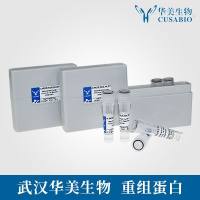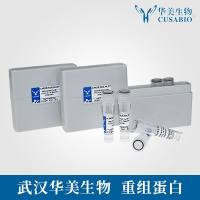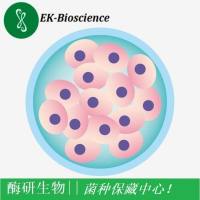Rejection is still the major cause of allograft loss following organ transplantation and a more complete comprehension of the alloimmune response is required in order to develop new therapeutic approaches. Allogenicity is primarily generated by the expression of major histocompatibility complex (MHC) molecules in the donor organ. Graft microvascular endothelial cells express both HLA class I and class II molecules. They are the first target of the allogeneic response because of their vascular localization and are also able to present antigen to recipient T cells. The endothelium can therefore be considered as both a stimulator of and a target for alloimmune responses and both aspects require further study. We have established a model of constitutive expression of HLA-DR by human microvascular endothelial cells following transduction with a lentiviral vector. This model was employed in a study demonstrating that endothelial cells can induce allogeneic expansion of regulatory and pro-inflammatory CD4+ T lymphocyte subsets. Because microvascular endothelial cells rapidly lose their expression of HLA-DR ex vivo, this experimental system of lentiviral-mediated expression of HLA-DR allows the study of alloantigen presentation without requiring addition of inflammatory cytokines and thus provides a model for the study of the intra-graft allogeneic CD4+ T cell response at the single-cell level.






